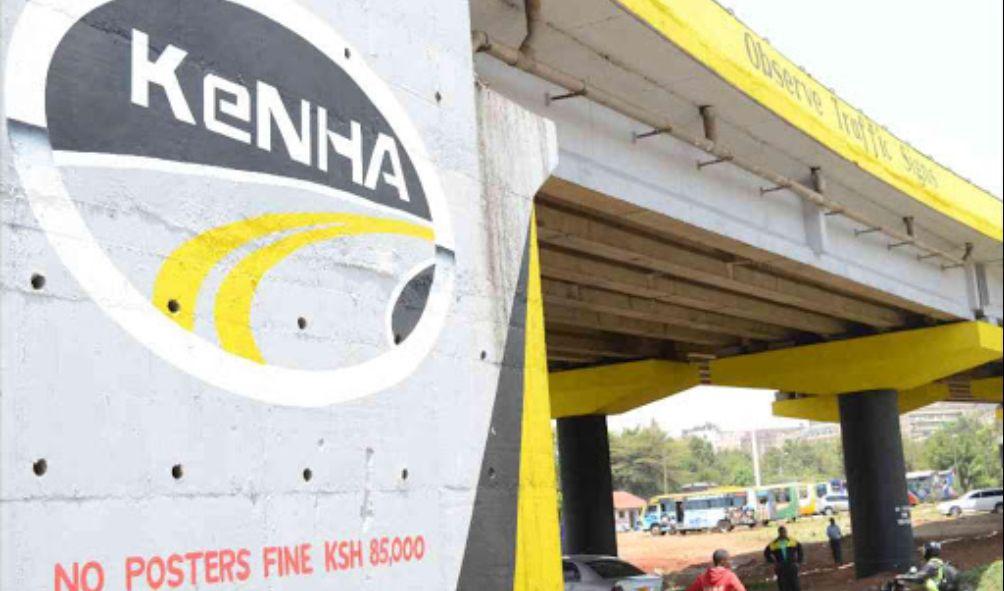KeNHA Stands Firm on Major Highway Tolling Plans Despite Public Outcry
The Kenya National Highways Authority (KeNHA) is moving forward with plans to implement a tolling system on major roads, including the Thika Superhighway. This has ignited a nationwide discussion about the potential advantages and disadvantages of such a policy.
KeNHA believes that tolling will provide the necessary funds to repair and maintain the roads where the tolls are collected. This approach is intended to allow funds from the Road Maintenance Levy Fund (RMLF) to be redirected towards new road construction, thereby expanding the nation’s road infrastructure.
“Should tolling prove successful, the funds gathered will be used specifically for maintaining and upgrading the toll roads,” KeNHA stated. “This could enable RMLF funds to be allocated to new road projects.”
Potentially toll-eligible roads include the Nairobi Southern Bypass, Nairobi-Nakuru-Mau Summit Highway, Thika Superhighway, Kenol-Sagana-Marua Road, Mombasa Southern Bypass, and the Dongo Kundu Bypass.
On Wednesday, KeNHA highlighted that the revenue from these tolls would be used to upkeep the specific roads where the tolls are collected, ensuring that tollpayers directly benefit from their contributions.
“This approach will allow us to utilize road levy funds for new road construction, thus broadening our network and enhancing national connectivity. KeNHA is dedicated to building a safer, more efficient road system for all Kenyans,” the authority explained.
Despite these assurances, the proposal has faced significant criticism. Public transport operators, notably those from the Matatu Owners Association (MOA), have strongly opposed the plan.
Albert Karakacha, MOA chairman, voiced the organization’s resistance, saying, “We will not support it,” reflecting widespread concern in the public transport sector over potential increases in transportation costs due to the tolls.
ALSO READ:
- Raila Ally Breaks Silence After Ruto-Uhuru Meeting
- Gachagua Close Ally Karungo Wa Thang’wa Accepts Ruto’s CBS Award
- Gov’t to Release Ksh.32 Billion to Counties Next Week – DP Kindiki
- High Court Strikes Down Ruto-Raila 2023 IEBC Amendment Bill
- Kenya Water Towers Agency Dissolved: Government Moves to Streamline State Corporations
Economic analysts have pointed out that the success of tolling hinges largely on its implementation strategy.
Taxi drivers also share similar apprehensions, worried that tolls may adversely affect their business operations.
Nevertheless, KeNHA remains hopeful and has promised extensive public involvement in shaping the Road Tolling Policy.
The authority is committed to transparency and inclusive engagement throughout the process, ensuring that all public opinions are considered.
“KeNHA is dedicated to maintaining transparency and inclusivity throughout this process and will continue to engage with the public at every stage,” the agency affirmed.
The reintroduction of road tolls in Kenya is taking place amidst increasing national debt, which has put pressure on government resources for development projects.
Currently, the only tolled road in Kenya is the 27-kilometer Nairobi Expressway, developed by a Chinese contractor through a public-private partnership costing Sh88 billion.
If implemented, KeNHA’s tolling proposal could represent a major change in how Kenya finances its road infrastructure. However, it remains to be seen if the public, already burdened by high living costs and rising fuel prices, will accept the additional financial strain of road tolls.
KeNHA Stands Firm on Major Highway Tolling Plans Despite Public Outcry
